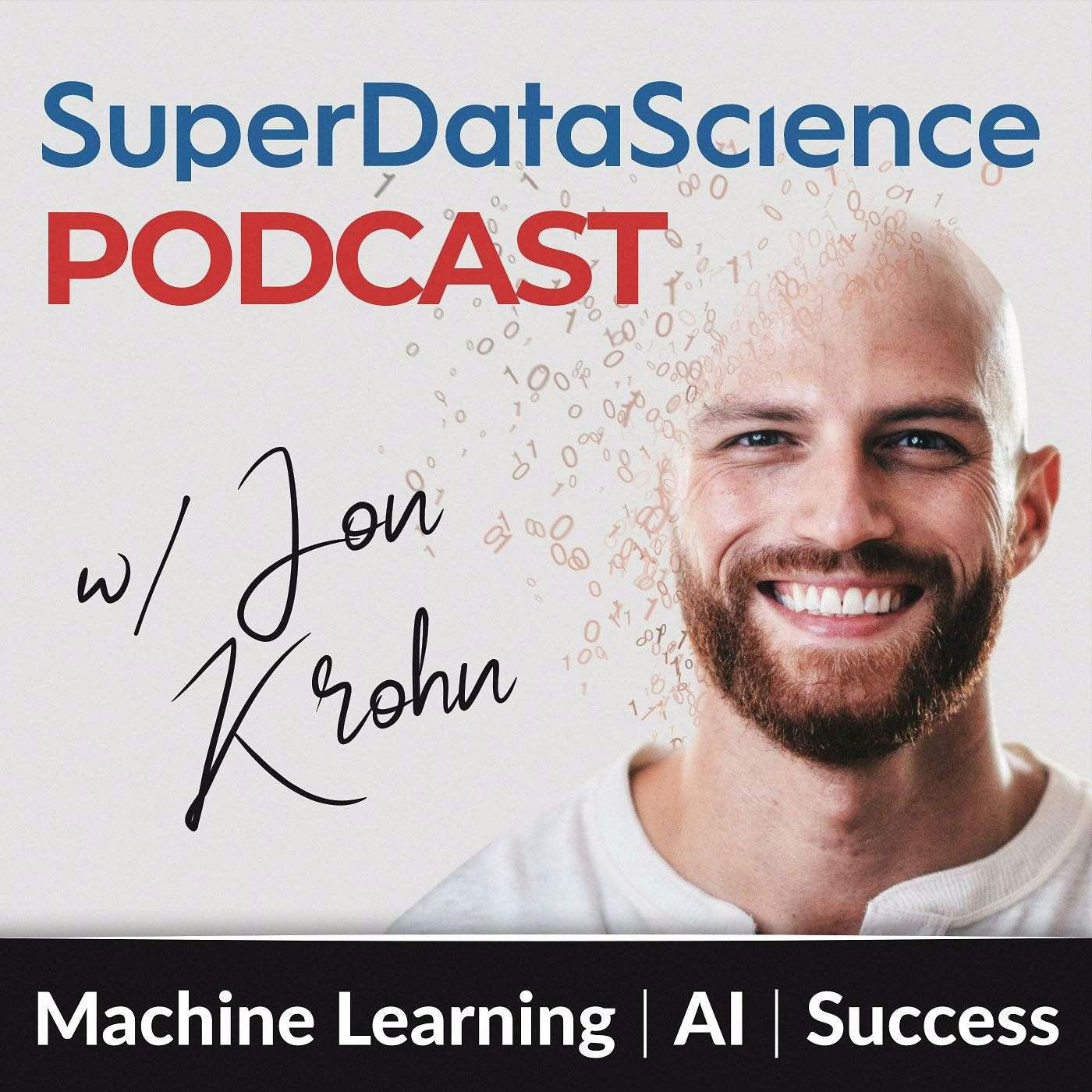
706: Large Language Model Leaderboards and Benchmarks

Super Data Science: ML & AI Podcast with Jon Krohn
Deep Dive
What are the key challenges in evaluating large language models (LLMs)?
The challenges include dataset contamination, where models may have already seen the evaluation data during training, and the divergence between academic benchmarks and real-world user perceptions of performance, such as creativity and user interface experience.
Why is dataset contamination a significant issue in LLM evaluations?
Since top-performing LLMs are often trained on vast amounts of publicly available data, including benchmark datasets, their performance on these benchmarks may be inflated because they have already encountered the evaluation data during training.
What is HELM and why is it significant in LLM evaluation?
HELM, or Holistic Evaluation of Language Models, is a comprehensive benchmark developed by Stanford University's Center for Research on Foundation Models. It systematically evaluates LLMs across multiple tasks and metrics, aiming to provide a more holistic view of model performance.
How does the Chatbot Arena differ from traditional LLM benchmarks?
Chatbot Arena uses head-to-head comparisons where human users select which model's output they prefer, providing a more qualitative evaluation. This method incorporates human feedback directly into the evaluation process, unlike traditional benchmarks that rely on predefined metrics.
What are the limitations of relying on leaderboards for LLM comparisons?
Leaderboards, such as those from HELM, Chatbot Arena, and Hugging Face, often have different evaluation criteria and model inclusions, making it difficult to get a clear picture of overall performance. They also may not align with specific use cases, as different models excel in different tasks.
What role does creativity play in user perceptions of LLM performance?
Creativity is a key aspect of user experience that is not typically measured in academic benchmarks. Users may value creative outputs, such as unique responses or innovative ideas, which are not captured by traditional accuracy or performance metrics.
How does the release of Llama 2 impact the LLM landscape?
Llama 2, released by Meta, includes models with 7 billion, 13 billion, and 70 billion parameters. The 13 billion parameter model performs comparably to the previous top open-source model, Falcon, while the 70 billion parameter model outperforms all previous open-source LLMs on Meta's benchmarks.
What is the significance of the ELO rating system in Chatbot Arena?
The ELO rating system, borrowed from chess, ranks LLMs based on head-to-head comparisons. It adjusts model ratings based on user preferences in output quality, providing a dynamic and user-driven evaluation method that reflects real-world performance.
What are the potential long-term benefits of comprehensive LLM evaluations like HELM?
Comprehensive evaluations can help identify general principles of LLM performance, such as the impact of model size or training objectives on outcomes. This could lead to standardized metrics and a better understanding of what factors contribute to successful LLMs.
How does the issue of moving goalposts affect LLM benchmarks?
As LLMs improve and potentially incorporate real-time updates, benchmarks may become obsolete quickly. New benchmarks are needed to keep up with the rapid advancements, creating a constant challenge for evaluation standardization.
Shownotes Transcript
In this episode, Caterina Constantinescu dives deep into Large Language Models (LLMs), spotlighting top leaderboards, evaluation benchmarks, and real-world user perceptions. Plus, discover the challenges of dataset contamination and the intricacies of platforms like HELM and Chatbot Arena.Additional materials: www.superdatascience.com/706)Interested in sponsoring a SuperDataScience Podcast episode? Visit JonKrohn.com/podcast) for sponsorship information.